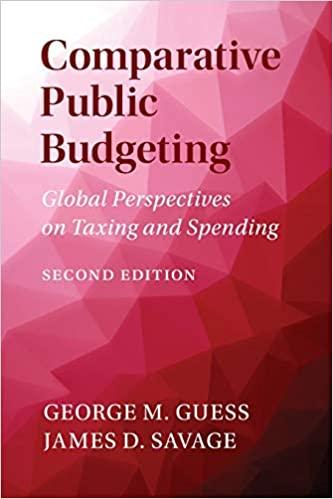Question
Consider the following information about a risky portfolio that you manage and a risk-free asset: E(rP) = 12%, P = 18%, rf = 4%. a.
Consider the following information about a risky portfolio that you manage and a risk-free asset: E(rP) = 12%, P = 18%, rf = 4%. a. Your client wants to invest a proportion of her total investment budget in your risky fund to provide an expected rate of return on her overall or complete portfolio equal to 7%. What proportion should she invest in the risky portfolio, P, and what proportion in the risk-free asset? (Round your answers to 2 decimal places.) Risky portfolio % Risk-free asset % b. What will be the standard deviation of the rate of return on her portfolio? (Do not round intermediate calculations. Round your answer to 1 decimal place.) Standard deviation % c. Another client wants the highest return possible subject to the constraint that you limit his standard deviation to be no more than 15%. Which client is more risk averse? multiple choice First client Second client
Step by Step Solution
There are 3 Steps involved in it
Step: 1

Get Instant Access to Expert-Tailored Solutions
See step-by-step solutions with expert insights and AI powered tools for academic success
Step: 2

Step: 3

Ace Your Homework with AI
Get the answers you need in no time with our AI-driven, step-by-step assistance
Get Started


